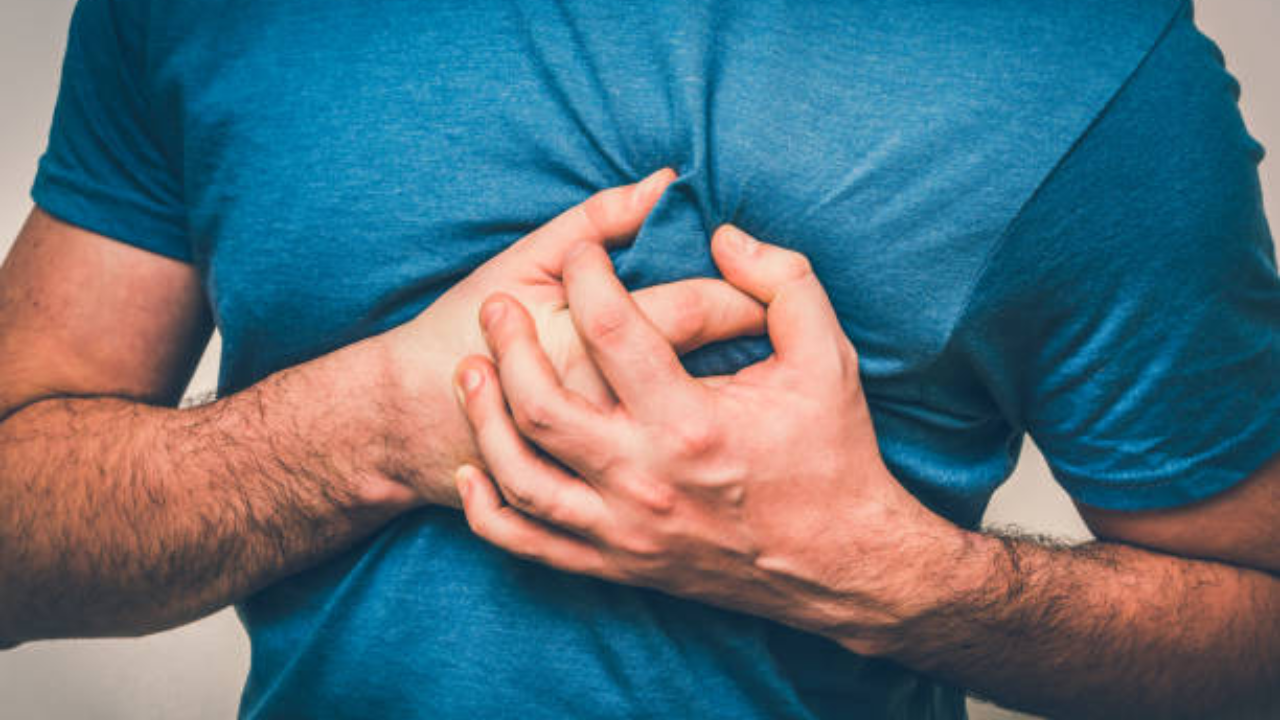This makes it extremely important to understand the risk factors, and the early signs of the disease for timely medical intervention which is very crucial to tackle the disease and save lives.
The American Heart Association urges individuals to call a doctor if signs like discomfort in the center of the chest that feels like uncomfortable pressure, squeezing, fullness or pain persists for more than a few minutes.
Health experts warn that pain or discomfort in one or both arms, the back, neck, jaw or stomach are classic signs of a heart attack. This is usually accompanied by shortness of breath.
“Other possible signs include breaking out in a cold sweat, nausea or lightheadedness,” says the American Heart Association (AHA).
Do heart attack symptoms appear suddenly? Or are the symptoms noticeable days before the heart attack?
Identifying heart attack symptoms days before they occur is challenging but not entirely impossible. While common symptoms typically manifest suddenly, there are potential warning signs that may subtly appear in the days leading up to a heart attack. Recognizing these signals could potentially lead to timely medical intervention and possibly prevent a more serious cardiac event.
One of the early indicators is discomfort or pain in the chest that comes and goes. This discomfort may feel like pressure, tightness, or aching rather than sharp pain. It might be mistaken for indigestion or muscular strain, but when coupled with other symptoms, it can signal a heart issue.
Another warning sign is unusual fatigue or weakness. Feeling unusually tired, especially if it happens continuously despite adequate rest, could indicate that the heart isn’t pumping efficiently. This can be a result of the heart muscle not receiving enough blood due to narrowing of the coronary arteries.
Shortness of breath, particularly when it occurs without exertion or worsens over time, can also be a red flag. This may happen because fluid builds up in the lungs as the heart struggles to pump effectively.
Can thyroid issues affect your eyes?
Some individuals may experience palpitations or irregular heartbeats in the days leading up to a heart attack. This can feel like a fluttering sensation or a rapid heartbeat and may be accompanied by anxiety or a sense of impending doom.
Other potential warning signs include nausea, lightheadedness, or cold sweats, which may occur as the body reacts to the stress of a possible cardiac event.
It’s important to note that these symptoms can vary widely between individuals, and not everyone will experience them before a heart attack. Moreover, they can mimic other less serious conditions, making early identification challenging.
Are these symptoms enough to identify a heart attack?
While these are the common signs of a heart attack occurring in the body, health experts say that the symptoms vary between men and women.
“As with men, women’s most common heart attack symptom is chest pain (angina) or discomfort. But women may experience other symptoms that are typically less associated with heart attack, such as shortness of breath, nausea/vomiting, and back or jaw pain,” says the AHA.
“The other tricky problem with heart attacks is that different people experience them in different ways. Some have classic chest pain. Others have jaw pain or back pain. Still others become breathless, or extremely fatigued, or nauseated,” a Harvard Medical School report says.
What does chest pain during a heart attack feel like?
If the chest pain feels like pressure, tightness, squeezing, or burning in the middle of a chest it is likely to be a heart attack. This pain gradually starts and continues over a few minutes.
Understanding hypertension as a major risk factor for the heart
Chest pain during a heart attack is often described as intense, crushing, or squeezing pressure in the center of the chest. It may also feel like tightness or heaviness that radiates to the jaw, neck, back, shoulders, or arms, particularly the left arm. This discomfort typically persists for more than a few minutes and may come and go.
Individuals experiencing a heart attack often feel a sense of extreme anxiety along with the chest pain. Other symptoms can include shortness of breath, sweating, nausea, lightheadedness, and palpitations.


